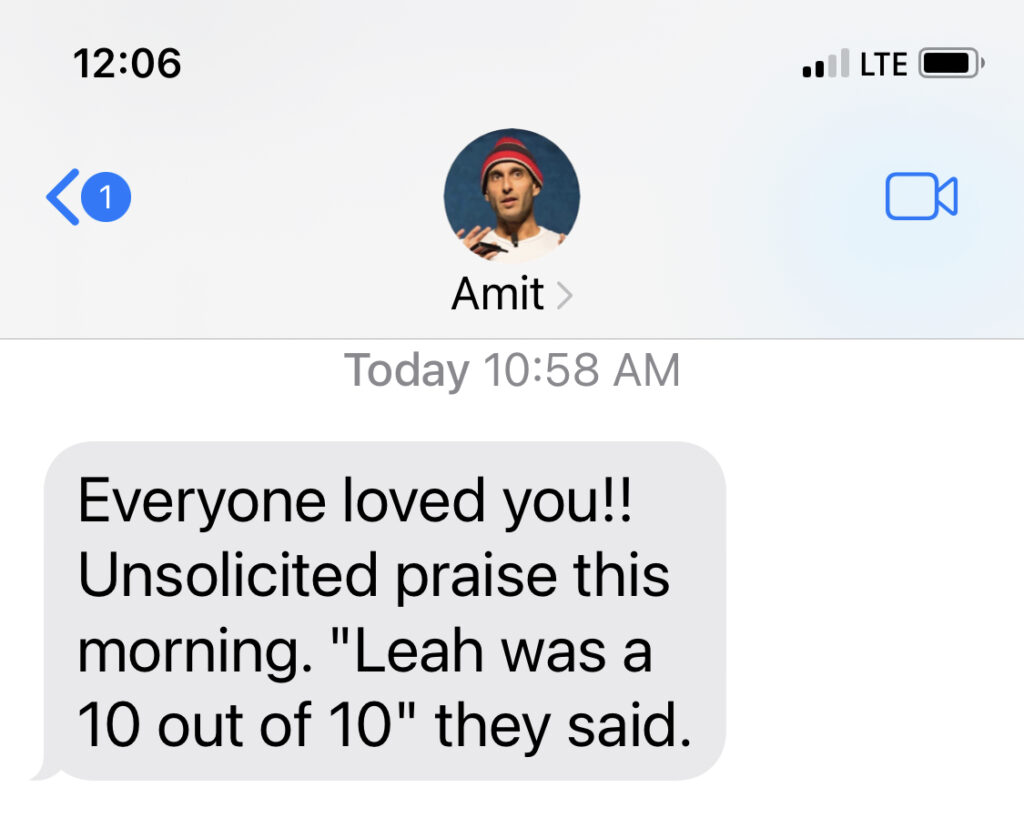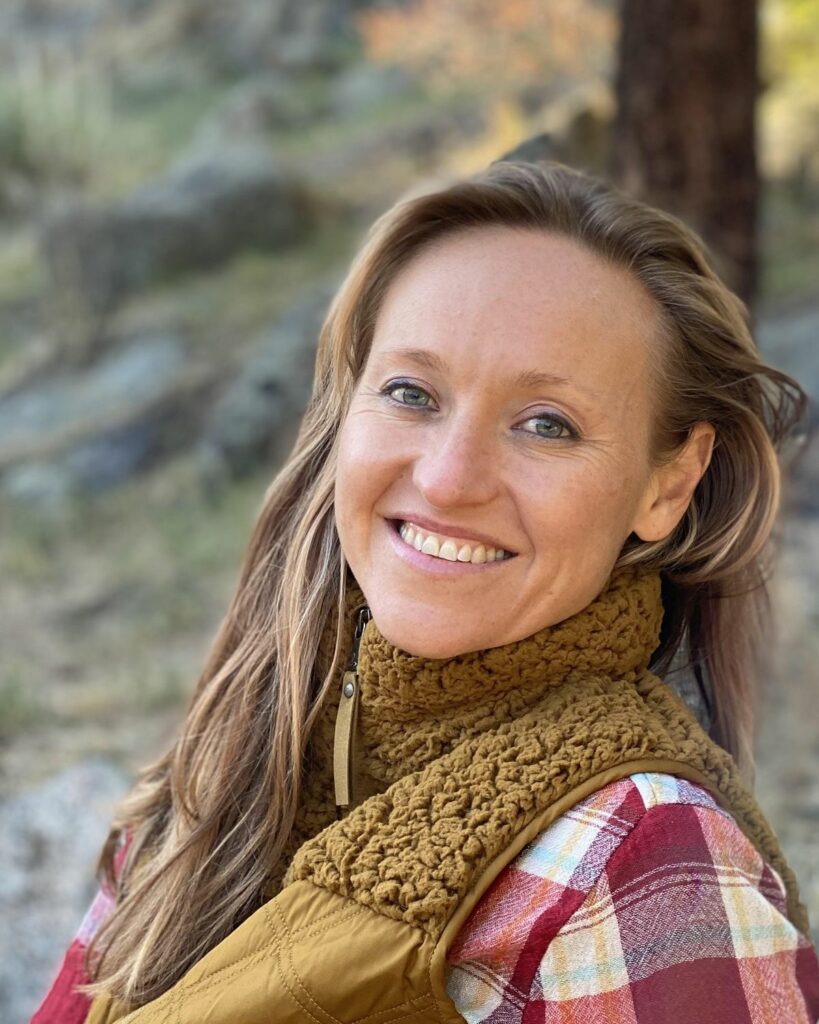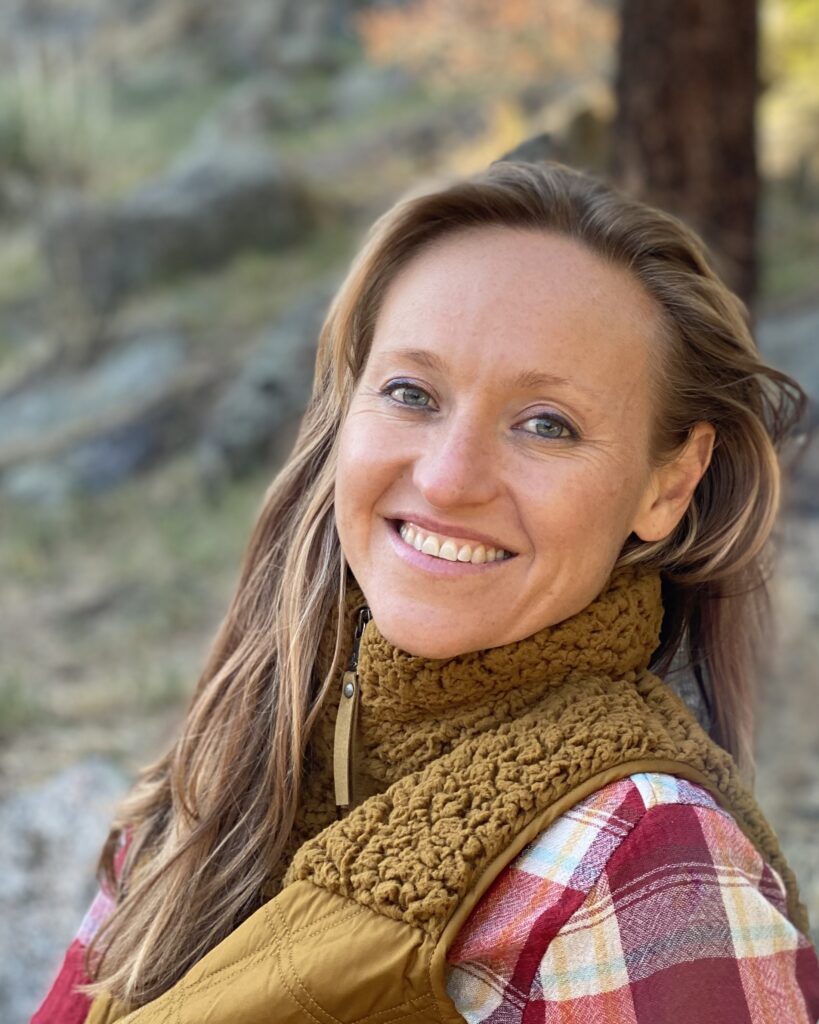About Me
Below are some facts that paint a picture of a life. More important though, I am a person who loves. I care deeply about truth, freedom and helping people who want peace, find it.
The bio below tells a little bit about how I got to where I am today.
I graduated with a B.S. in Computer Science from Brown. For two years I worked as a Product Manager at Microsoft.
In 2006, I left to join a little known company called Facebook as one of four product managers at the company that, at the time, had about 100 employees.
I worked at Facebook for the next five years, as the company (obviously) skyrocketed. I collaborated on features like the first app platform, the inbox, privacy, accessibility, news feed, the ad platform, and most famously, co-created the Like Button. I also co-authored the first edition of Facebook For Dummies.
After leaving Facebook, I almost accidentally created a popular comic blog called “Dharma Comics“ in which I used stick figures to document the inner journey.
I was eventually approached by an agent and a publisher to create Drawn Together: Uplifting Comics on the Curious Journey of Life and Love.
For several years, I spoke at Wisdom 2.0, through which I met Diana Chapman and Jim Dethmer of the Conscious Leadership Group. In addition to studying with them for many years, I illustrated their book 15 commitments of conscious leadership.
In 2014, I began co-facilitating Leadership Camp with Sue Heilbronner, in Boulder, Colorado and went on to become a Coach-in-Residence at MergeLane, an accelerator for women-run companies.
Around this time, a door opened for me. I walked through it and it has changed my life. That is another story which you can read here.
Since 2020, I have been working as an executive coach and group facilitator for individuals and companies.
In 2022, I cofounded The Welcoming Way, a coaching organization that derives its style from The Conscious Leadership Group and The Sedona Method to help people realize that the peace they seek is always here, always now.
This realization helps people to stop using their creative energy on internal dramas, and focus their attention and energy on what matters most.
Private Coaching
In addition to running group workshops and coaching within companies, I privately coach a small handful of select individuals who have achieved some amount of external success, and are now serious about peace and inner freedom. If this sounds like you, please click the button below.
“Leah’s coaching and teachings on the Welcoming Way have dramatically changed the way I relate to my thoughts and ultimately, how I show up in professional dynamics and personal relationships. She has an uncanny ability to match the moment by unraveling the most complex mind tricks. She also offers a toolkit to get in touch with what is most true. I now have an ever-expanding catalogue of ‘Leah-isms’ that I regularly tap when I feel activated around a situation or want to embark on personal inquiry.
If you’re ready to challenge previously held beliefs, get curious, or go deeper, I wouldn’t think twice about working with Leah; she is truly a master.”
Danielle D.
Atlassian
“You have made such a tremendous impact on my life and my beingness so far! Welcoming has helped me become a much more real and true me without all the stress and drama. It is like a gift I didn’t even know I was looking for.”
Private Coaching Client
“Working with Leah is like having a super sensitive seer who is shining her light of awareness on me. She reflects myself to me with such precision, that I can unwind old patterns with ease. Her curiosity is infectious and it never feels like work, its fun, engaging and powerful. I have not met anyone who matches her refinement and skill with leading people through Releasing. The work I have done with her continues to ripple in my life everyday.“
Grace C.
The Conscious Leadership Group
“I really love that she’s so supportive but at the same time she doesn’t let things slide. Leah also has the ability to see the unseen which brings to light roots of problems and helps unearth issues.”
Vlada Bortnik
CEO and Co-founder of Marco Polo App
“What I got from one session with Leah is what I got out of probably ten therapy sessions on the same topic.“
Kim W.
Director of Product
“Leah coaches with loving clarity. She brings an incisive mind, a gushing heart, striking intuition, and her years of devoted study to her coaching work. Five minutes of Leah’s coaching often has saved me five years of suboptimal living and leading.“
Sue H.
CEO of MergeLane and HeySue.com
“ Leah offers a place of relentless compassion and understanding that feels safe and without judgement. Working with Leah through something particularly painful has helped me to experience and be with my strong emotions, maybe for the first time.”
Kiran D.
Toronto

Amit Gupta
CoFounder, Sudowrite



